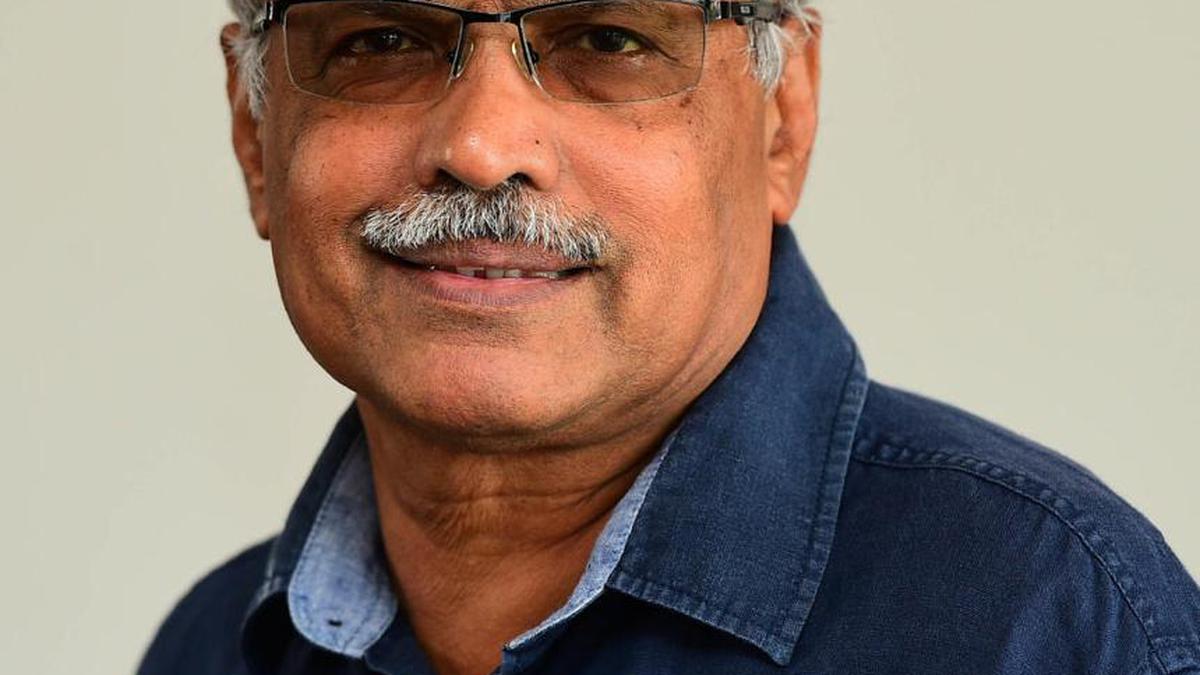Not an allegory of a future India: lawyer and author Gautam Bhatia on his new novel The Sentence
The Hindu“No, no, no,” says Gautam Bhatia. “That would be a disaster.” I’ve just asked him whether the futuristic city of Peruma in his new novel The Sentence is a riff on Gurugram. “Science fiction novels, especially novels of ideas, have this huge problem of trying to contain the exposition in a way that doesn’t bog down the reader with so much detail, but also gives them enough so that they can build a map of the world in their own heads.” He sweetens the pill by delivering the context through podcasts, newspaper headlines, and even hand-written letters, all weaved into the narrative. Bhatia says, “I was very interested in how power is channelled through the urban landscape, the way that it creates hierarchies using just the architecture of urban space.” The novel also draws on cutting-edge constitutional debates, anarchist architecture, the experiences of Latin American countries post-revolution, and even landmark Supreme Court cases, such as Kesavananda Bharati v. State of Kerala. It plays a part, Bhatia says, “in the sense that Kesavananda Bharati is one of the cases that deals with this idea: can you alter the entire legal architecture of a society through legal means, or do you need a revolution to do that?” When the sleeper awakens The legal worldbuilding strain of sci-fi has few precedents, so instead of staples such as rampaging robots or spaceships chasing each other, here the action is made up of filing applications, downloading depositions and unearthing testimonies.
Discover Related


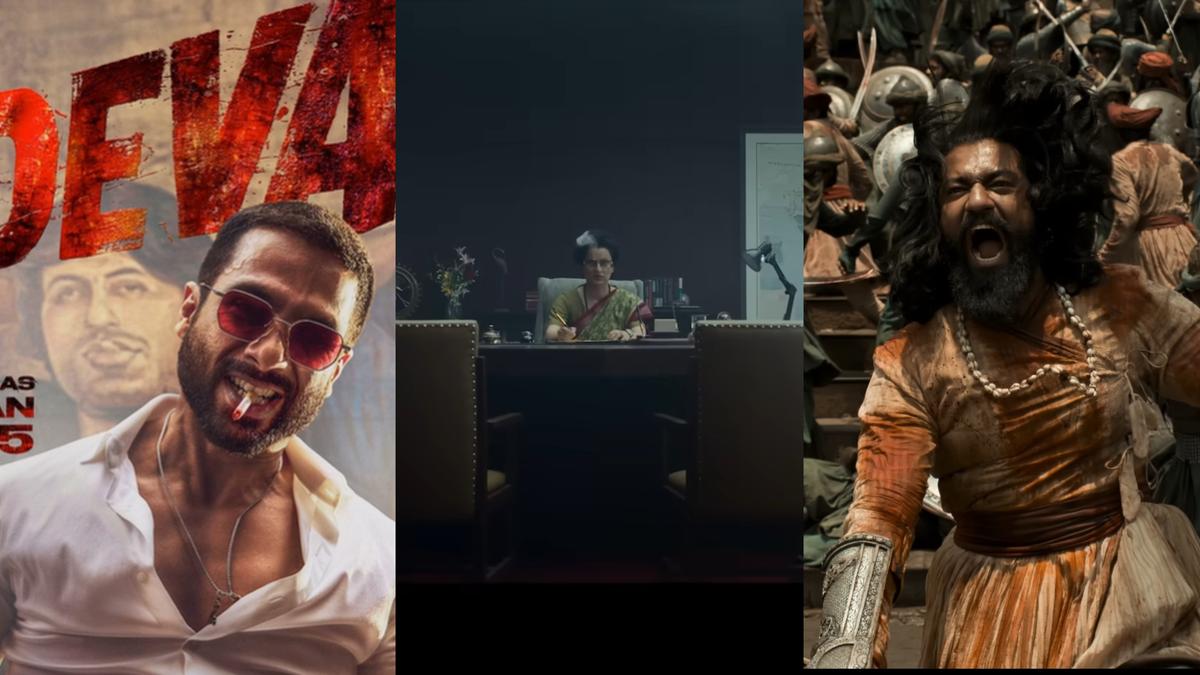



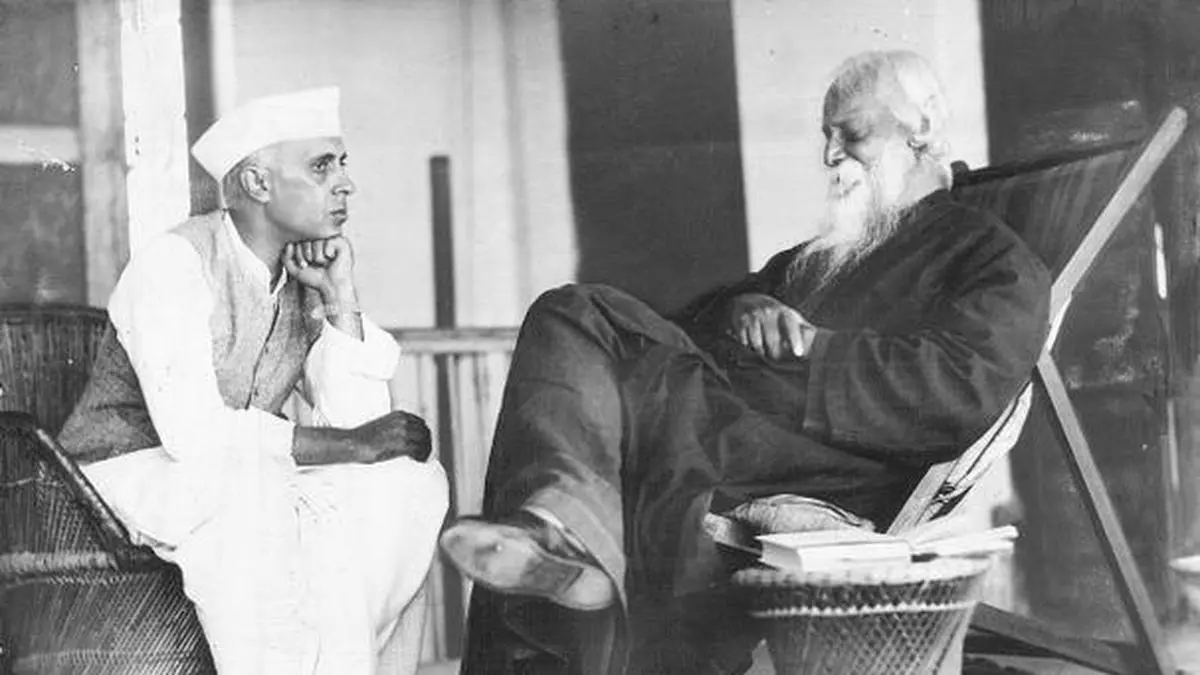

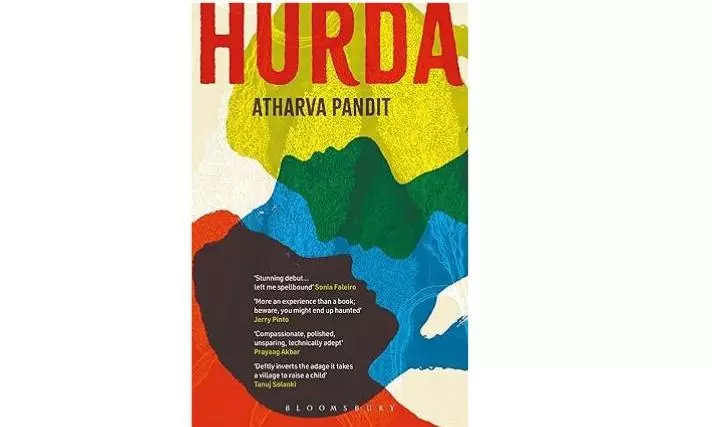


)



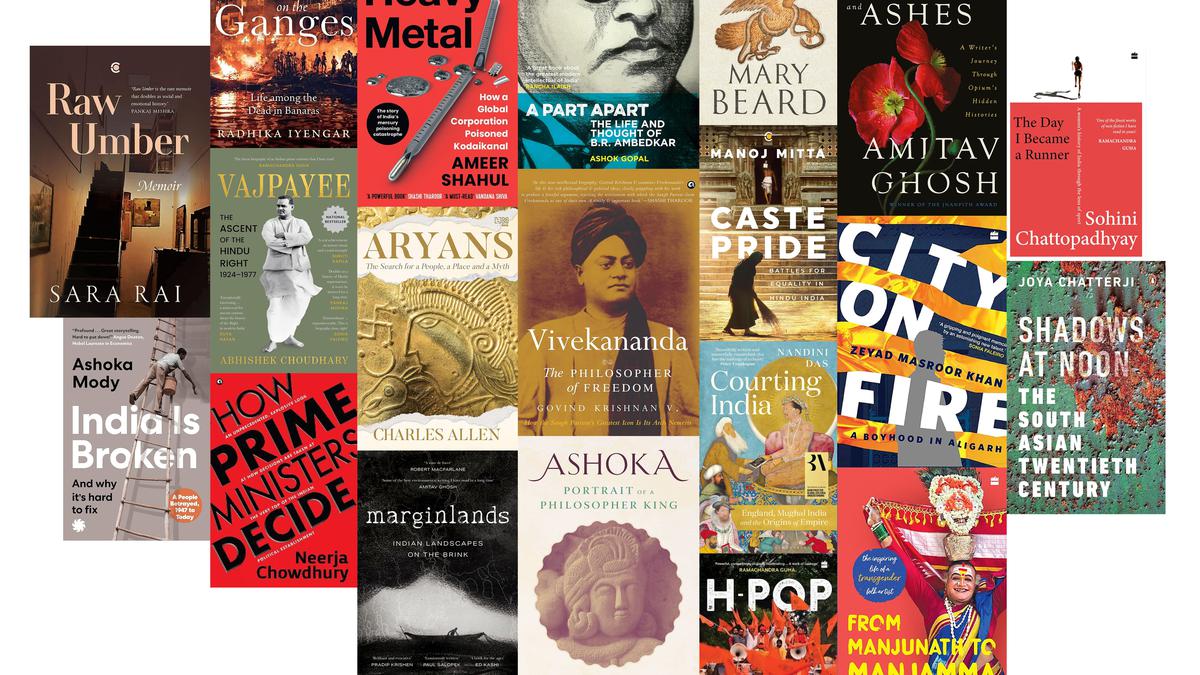
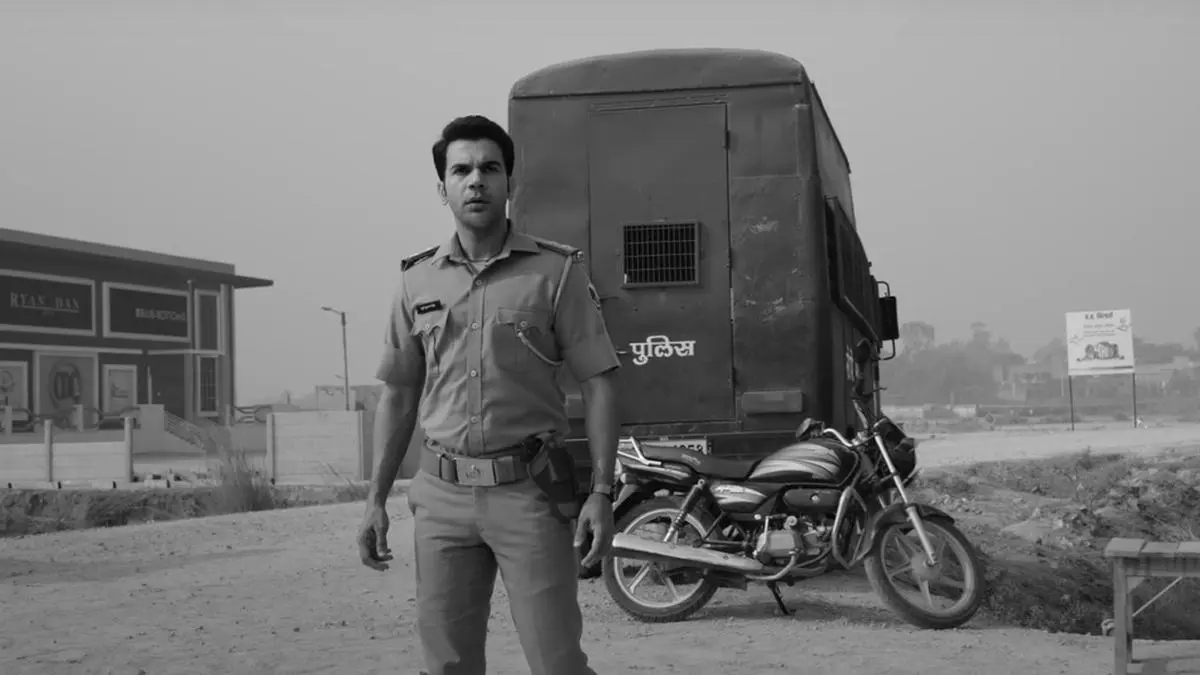

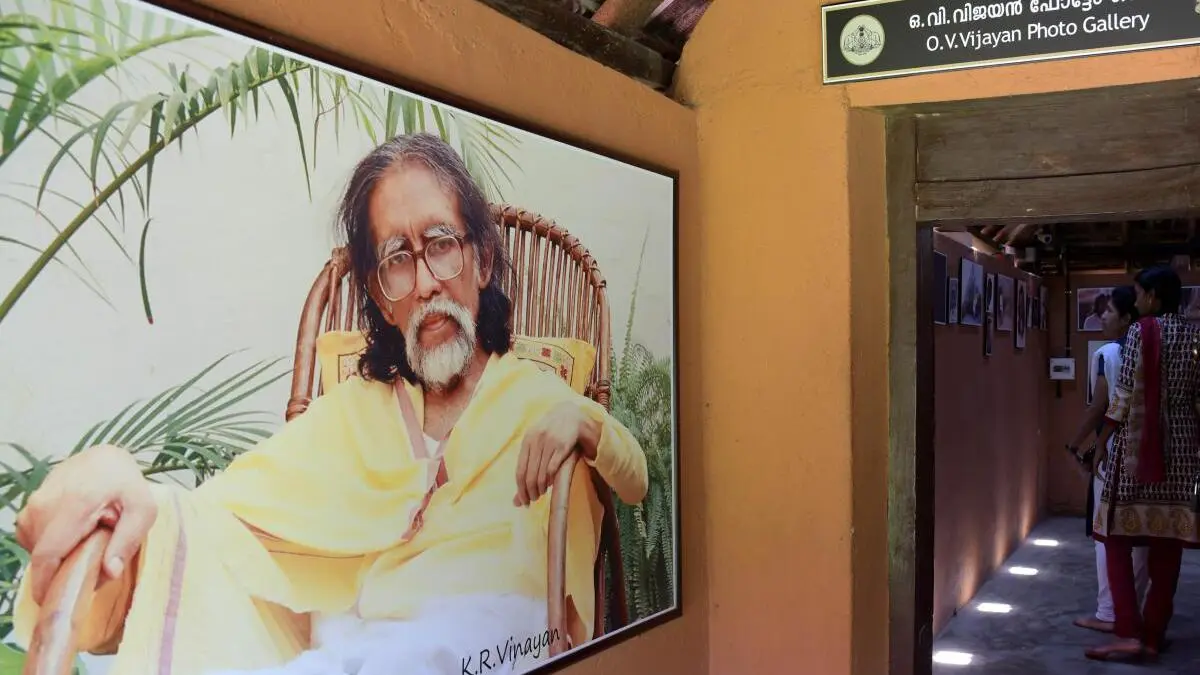




)




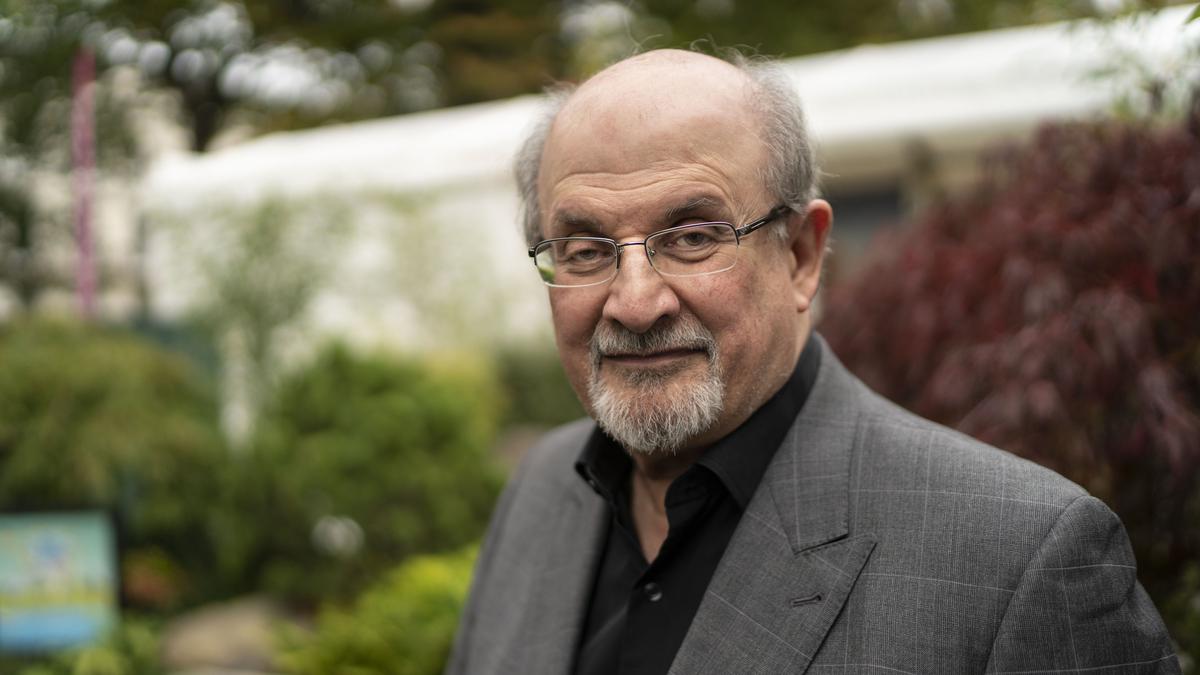


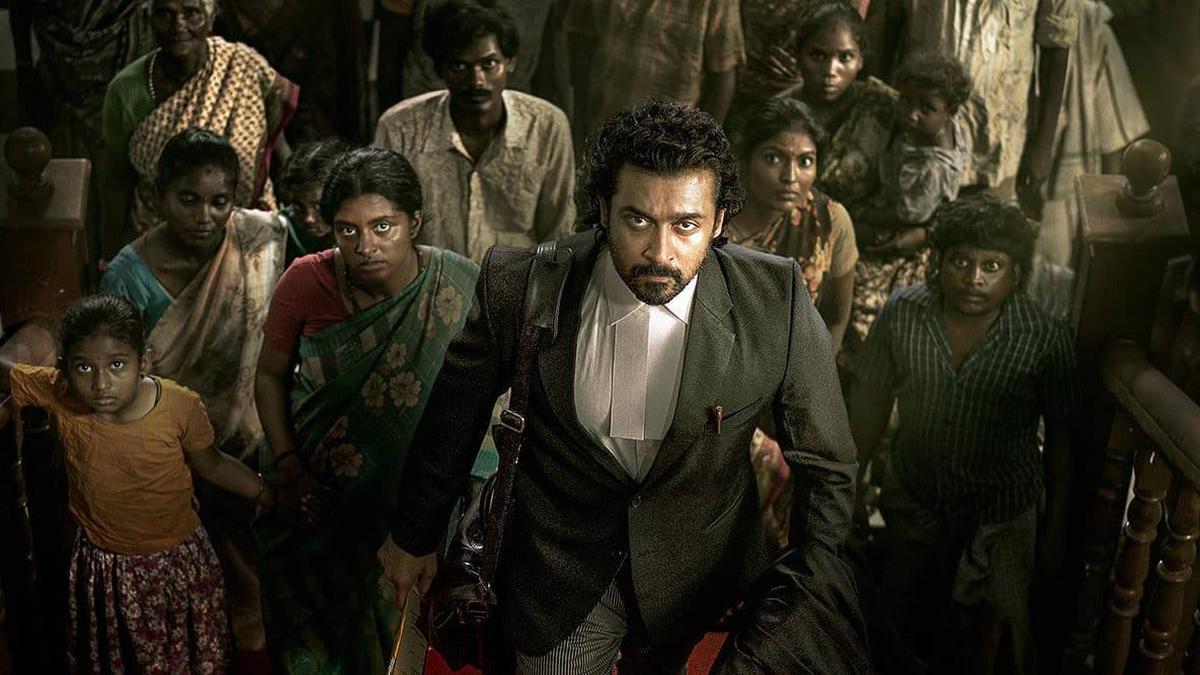

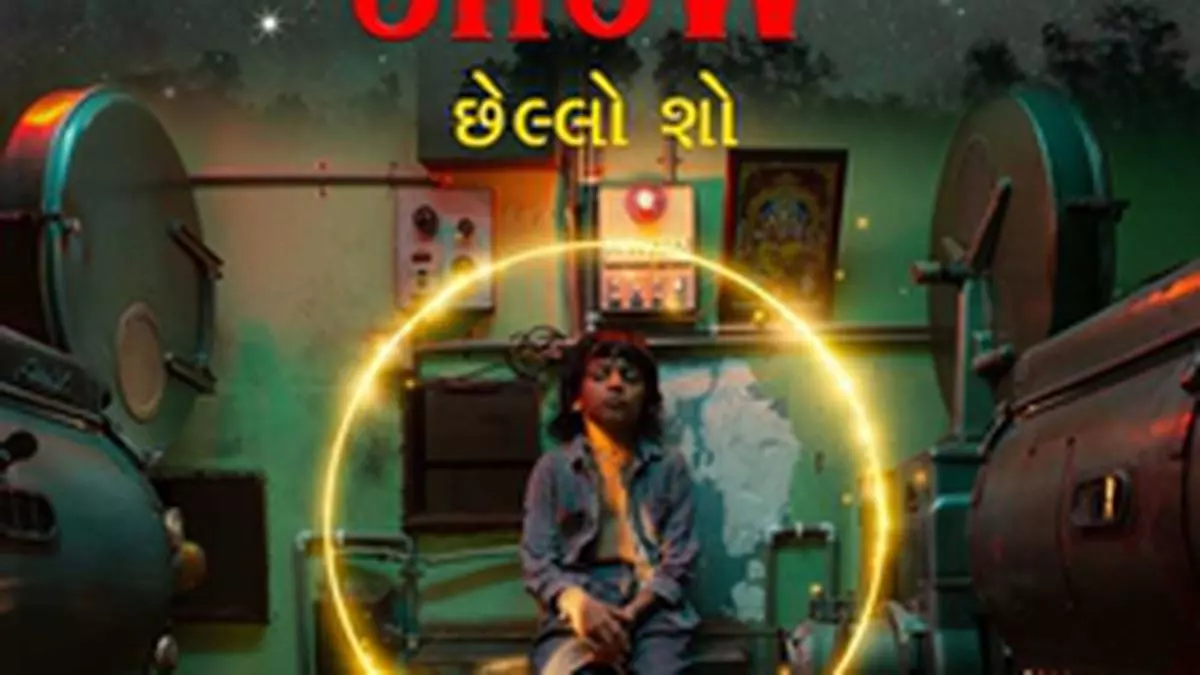
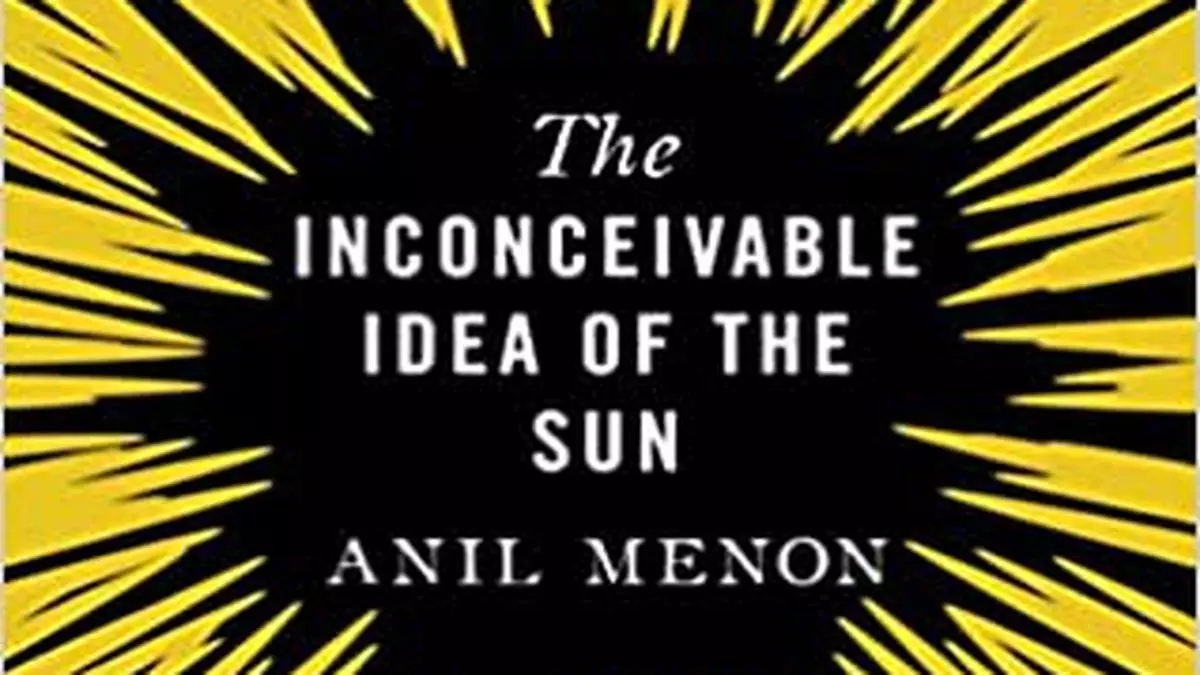

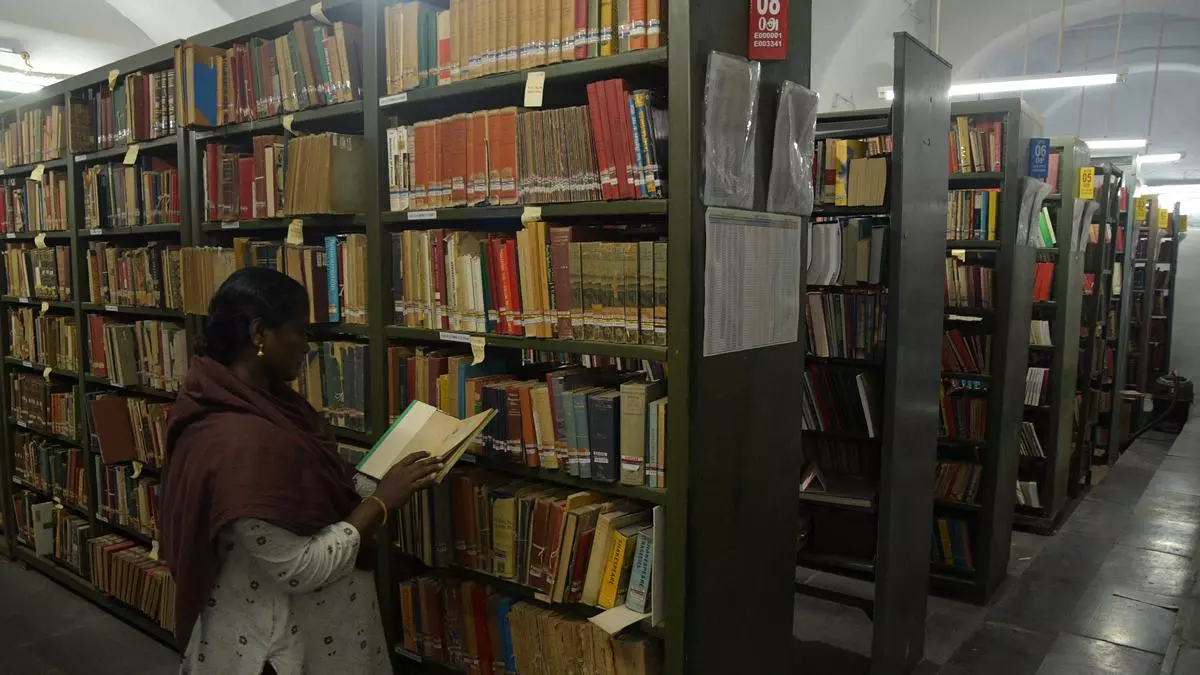
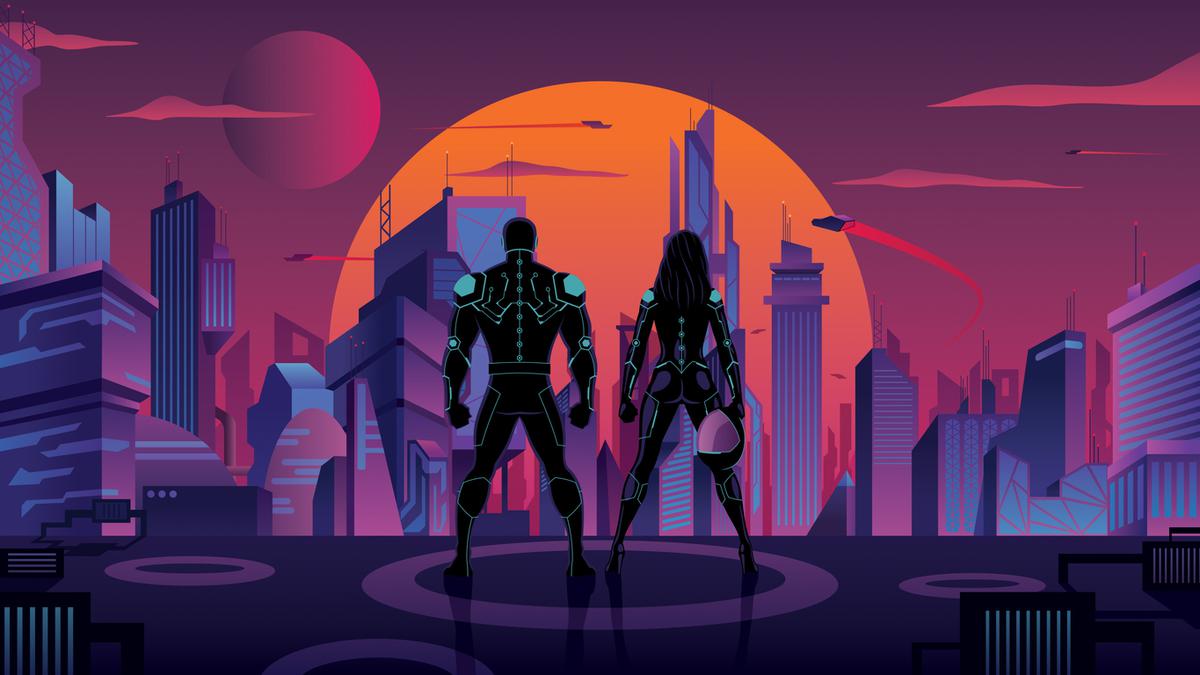
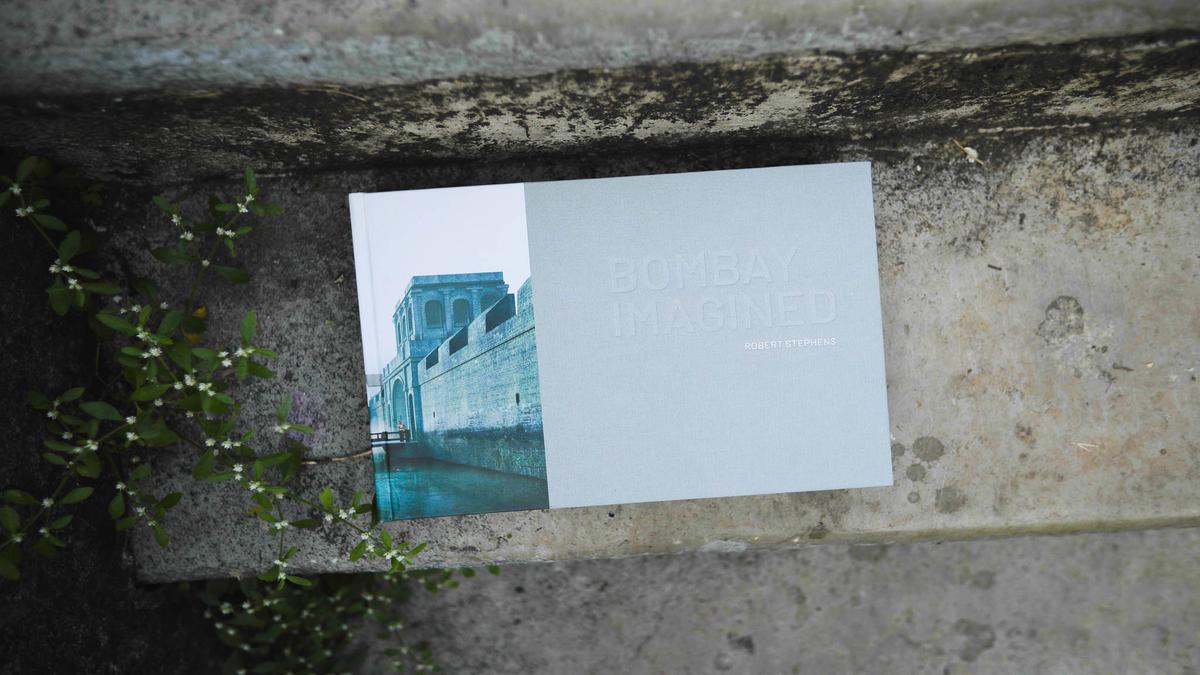
)

